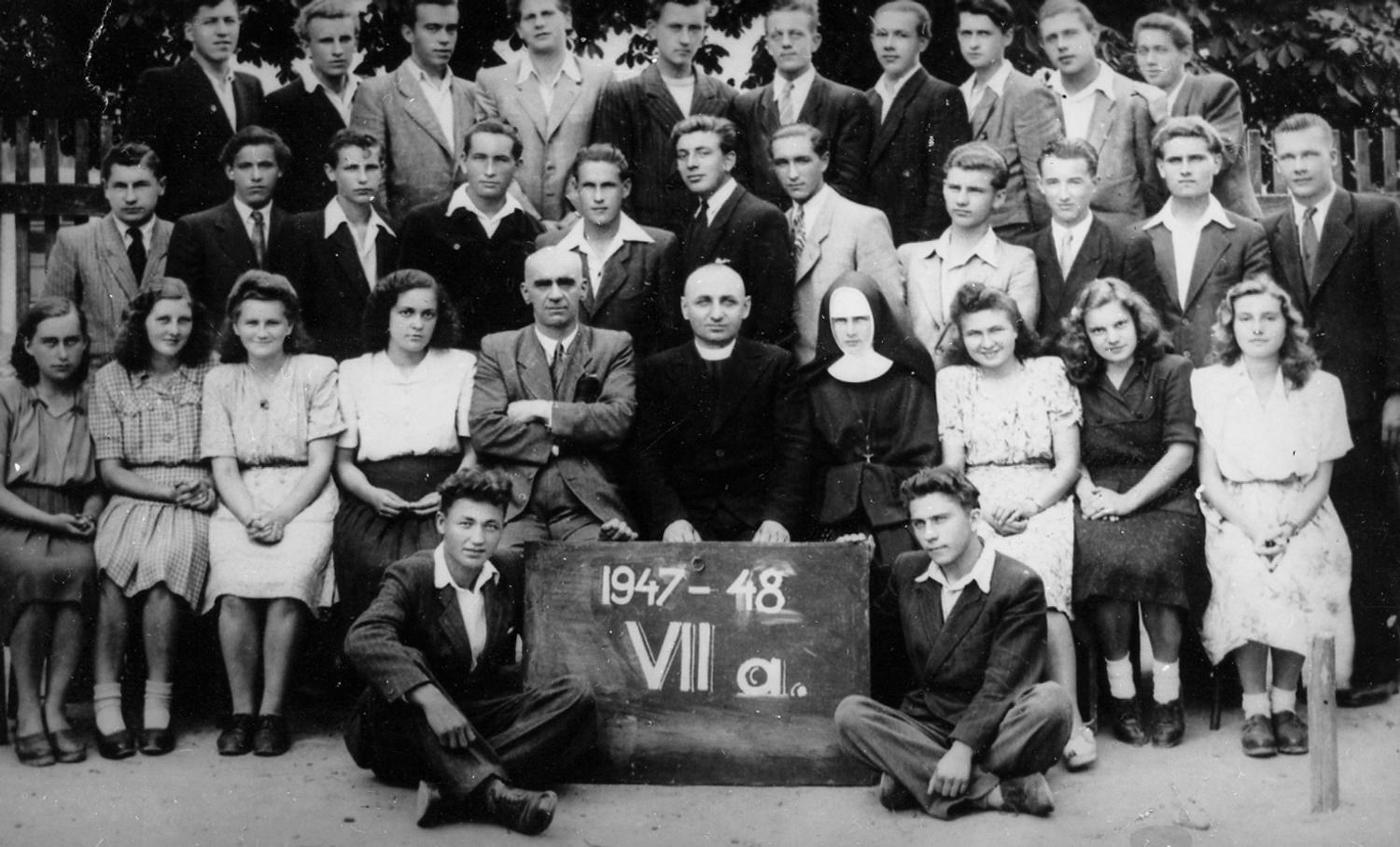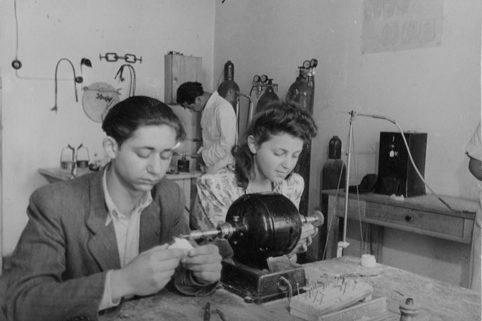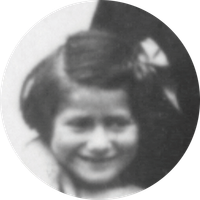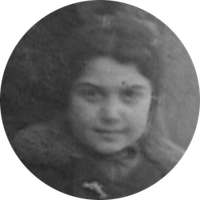Chapter 1
Returning
“I began to wonder whether I could ever adjust to normal life. I had been robbed of my youth, as well as my family, my friends, my town and its Jewish population. I had survived through inhuman conditions. I knew that it would take me a long time to leave behind everything that I had experienced as a young boy.”
Scroll Down


Agnes Tomasov (first row, third from the right) and her friend Magda (first row, far right) with their graduating high school class. Bardejov, Slovakia, 1948. Agnes and Magda were the only Jewish girls in the class. Azrieli Foundation, courtesy of Agnes Tomasov.
Adjusting to Freedom
“After living in barracks, incarcerated behind barbed wire fences, living in a private home was beyond comprehension. I could go out and come back at any time and do as I wished. Looking out of the fourth-floor window over the red-tiled roofs and at the horizon beyond gave me a sense of limitless possibilities. I knew how to organize things in an abnormal world but how would I function in a world of freedom, law and endless opportunities without an education? I lived an aimless existence. It became clear that my first priority would be to get an education….
In 1939, my future was bright and hopeful; I looked forward to finishing school and getting a trade. My whole life had been ahead of me. At this moment, it seemed that all was lost. I had no education, nowhere to go; now I was left praying to God that my mother and sister were alive.”
A Life of her Own
01:11
Kitty Salsberg (with her sister, Ellen) knew she could not achieve her dreams without leaving Hungary.
Dreams of Studying
“By then, in my twenty-fifth year, I knew that if I didn’t go back to school soon, I never would. I’d never yet seen the outside of a university, let alone the inside. And I’d always dreamed of studying something, of being somebody someday. Here I was. After twenty-five years, my greatest achievement was surviving the war.”

Chapter 2










